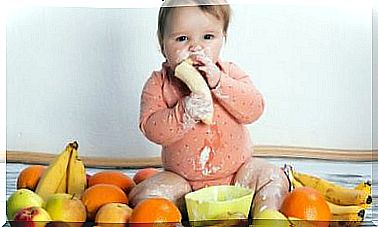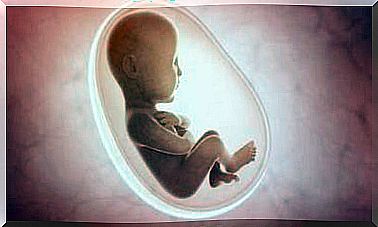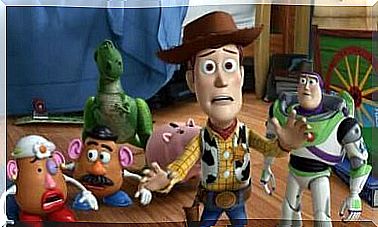Is There An Ideal Diet As A Breastfeeding Mother?
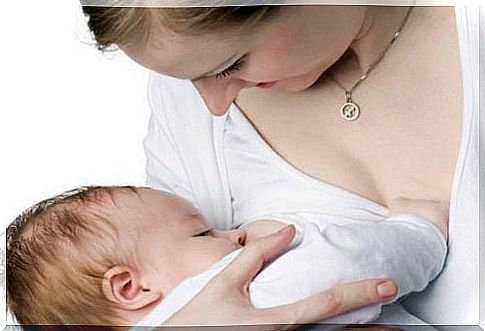
Yes, you need to pay special attention to your diet as a breastfeeding mother. Remember that through the milk that flows from your breasts, you provide all the nutrients that your baby needs to grow healthy. It is worth supplementing your diet during breastfeeding, as your nutritional needs will be significantly greater than before pregnancy.
Now that you are breastfeeding, eat well. However, eating does not necessarily mean eating a lot. Rather, a healthy diet for breastfeeding should be as varied as possible. It should include all food groups and especially dried fruits, eggs and vegetarian fats such as olive oil.
You will probably need to take some form of vitamin supplement. These can help you keep the tank full of certain nutrients, especially those that are difficult to get through regular diet, such as. folic acid, iodine, iron or vitamin A.
However, you should only eat these supplements as prescribed by your doctor. This ensures that you get the right dose for you and your baby.
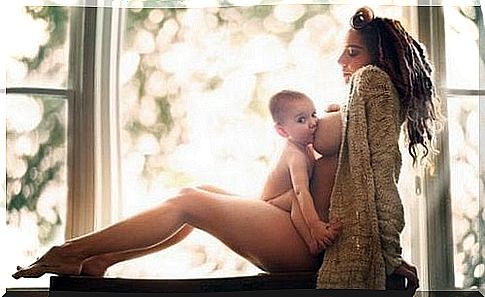
A delicious diet as a breastfeeding mother
Oats
Drinking oatmeal was historically one of the most common recommendations for breastfeeding mothers. Oats are known as one of the best things that you can include in your diet for breastfeeding and there are several good reasons for its good reputation.
Eating a hot bowl of oatmeal every morning is one of the recommendations of Kelly Bonyata, an International Board Certified Lactation Consultant (BCLC). This bowl of oatmeal will keep you full all morning and will provide you and your baby with iron, fiber and protein.
Berry
This includes strawberries, blackberries and blueberries. All of these are rich in antioxidants and fiber. At the same time, it is also an excellent source of vitamins that are easy to add to your diet. You can even eat them with oatmeal.
In general, you should incorporate as much fruit as possible into your breastfeeding diet. Fruit gives you the vitamins your body needs, including vitamins A, D, E, B1, B2 and folic acid. A good way to eat some portions of fruit is by making a fruit salad. Try to eat two servings of fruit a day, with skins on if possible, as it provides a lot of fiber.
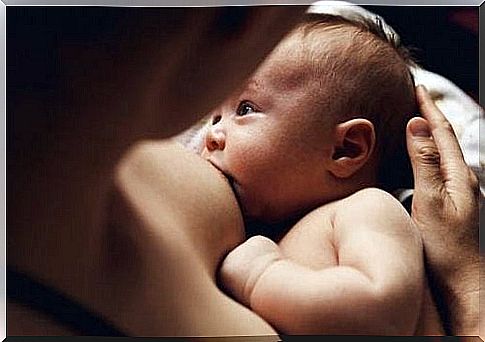
Egg
In addition to giving you protein and fatty acids, eggs are an excellent source of vitamin D, which is hard to get from other foods. You can eat a boiled egg as a snack in a salad. Just make sure that eggs do not cause an allergic reaction to your baby. As long as it does not, you can easily eat it.
Meat and fish
While breastfeeding, most of the meat you eat should be lean. Try to avoid the fat and processed meat as much as possible.
Try to eat fish at least four times a week and preferably white or oily fish – both are good for you. Choose fish such as salmon, pollock or catfish and stay away from swordfish, king mackerel and sharks, which can have a high content of mercury.
Dairy products
During this period, drink at least three glasses of milk a day. You can also supplement your daily intake of dairy products with cheese or yogurt.
What you need to know about your diet as a breastfeeding mother
While it is always important to eat a healthy diet, it is even more crucial to have a healthy diet as a breastfeeding mother. Your body is under greater strain than usual. Here we will explain why and give some more tips.
- When breastfeeding, your body needs about 3.7 liters of fluid more a day. This may include liquids from foods such as soup. Do not wait until you feel thirsty to drink.
- Caffeine is absorbed directly into breast milk. Reduce your pre-consumption to 0.7 liters of coffee per week, maximum.
- Foods rich in fiber, such as whole grain breads and cereals, are highly recommended after birth. They help reduce constipation.
- Health professionals recommend that your calorie intake should never fall below 1500 calories a day while breastfeeding. A very low calorie diet can cause fatigue and reduce milk production. In fact, according to recommendations, a nursing mother should consume between 2,300 and 2,500 calories a day for a child and 2,600 to 3,000 calories if she has twins.
- First of all, experts recommend that you avoid “over-the-counter” herbal supplements and natural remedies. In many cases, no one knows the exact composition of these products. Some of the substances found in them can affect your hormones and harm both your and your baby’s health.
- Another expert advice is to avoid alcohol and tobacco while breastfeeding your baby.

